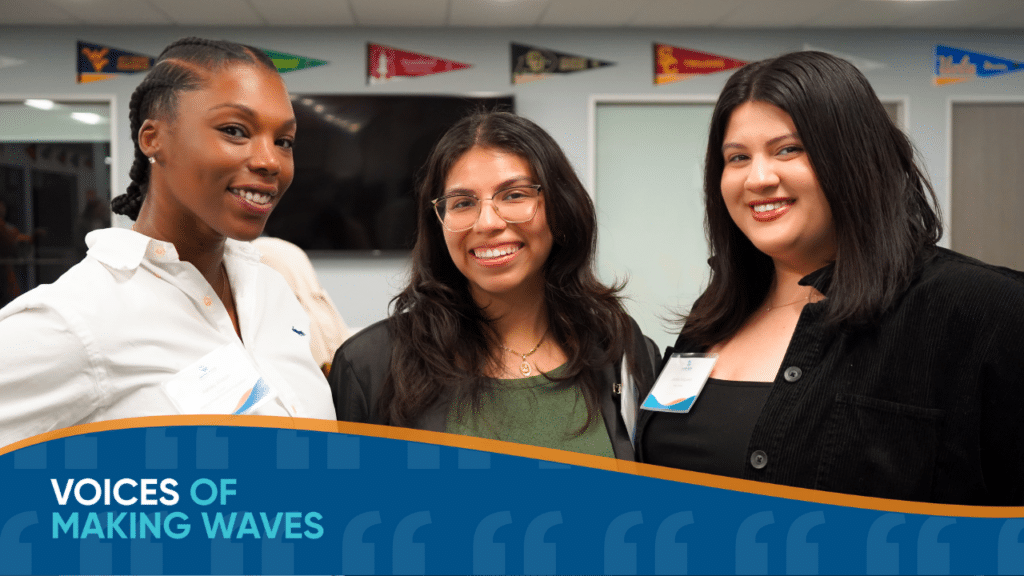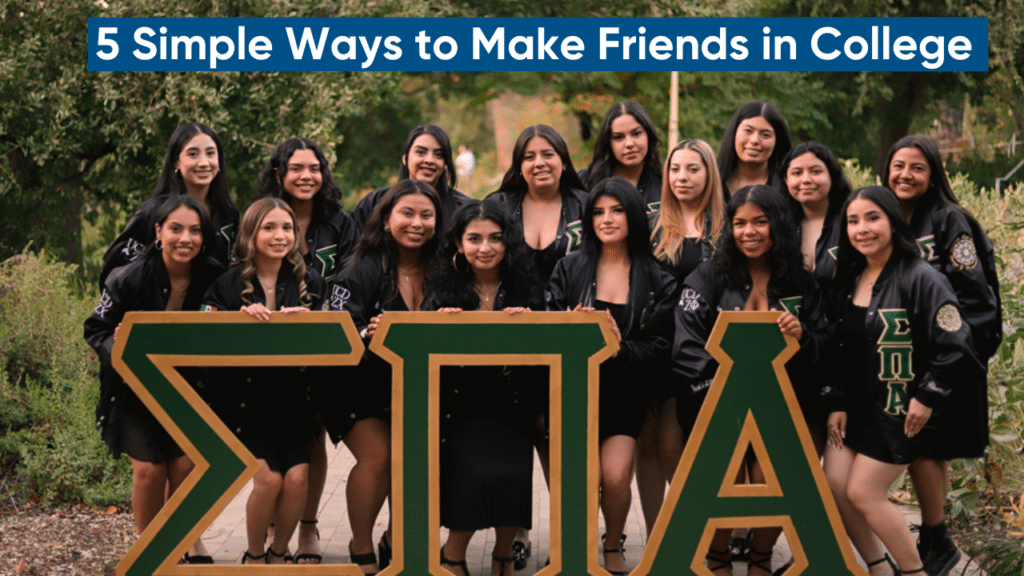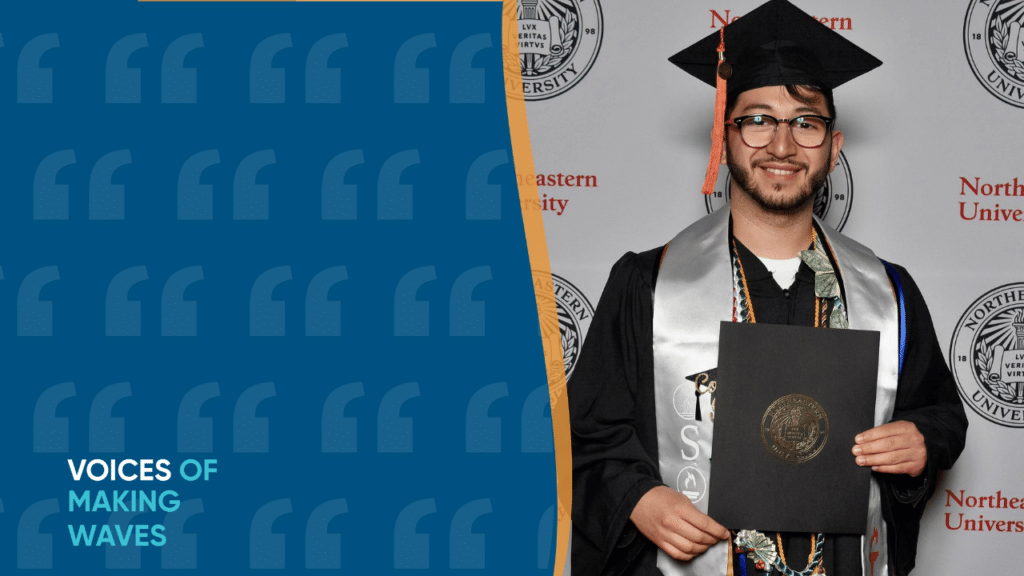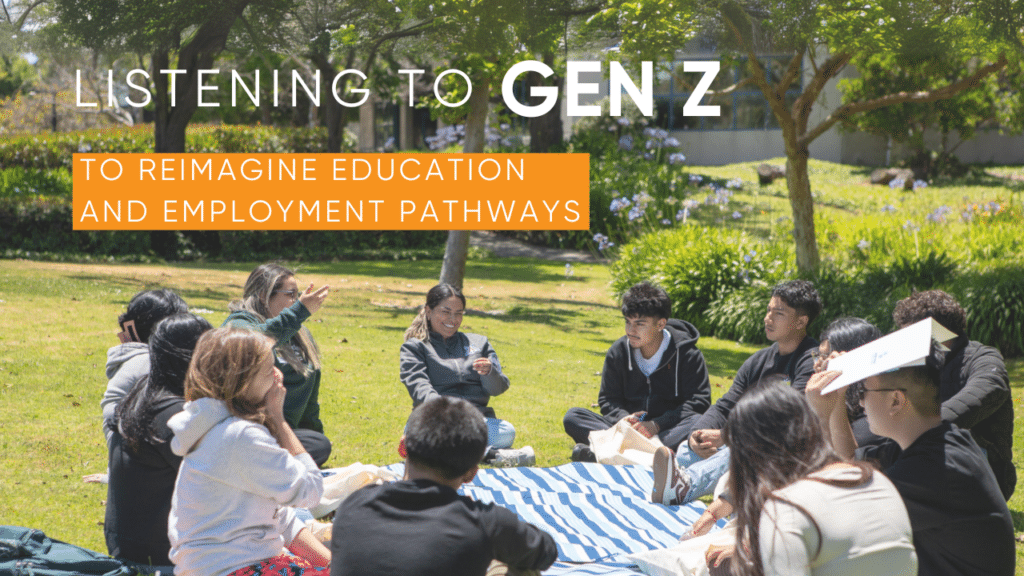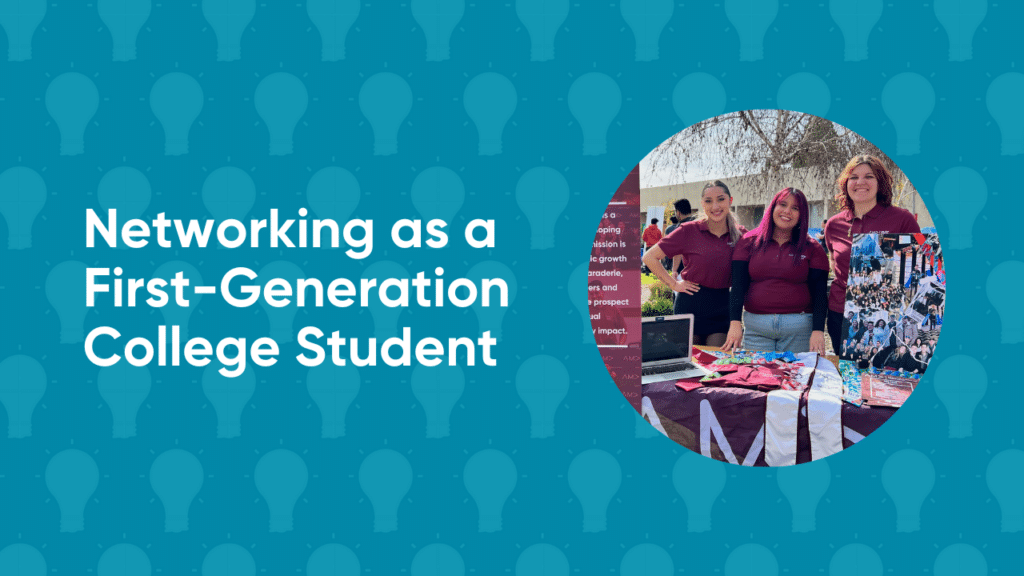
How to Network During College as a First-Gen Student
by Juritzy Mata
As a first-generation college student, one of the biggest challenges I faced is feeling disadvantaged compared to my peers who may have connections and benefits that I do not since I am the first in my family to attend college.
I’ve come to find out that doing my best in classes and having good grades is no longer the only factor you may need to be successful after graduating college. As a fourth-year college student at Cal Poly Pomona, I have developed some strategies that have helped me network with others, and form connections that led me to incredible opportunities.
Here are four tips for how to network during college as a first-generation student.
1. Take advantage of first-gen support programs
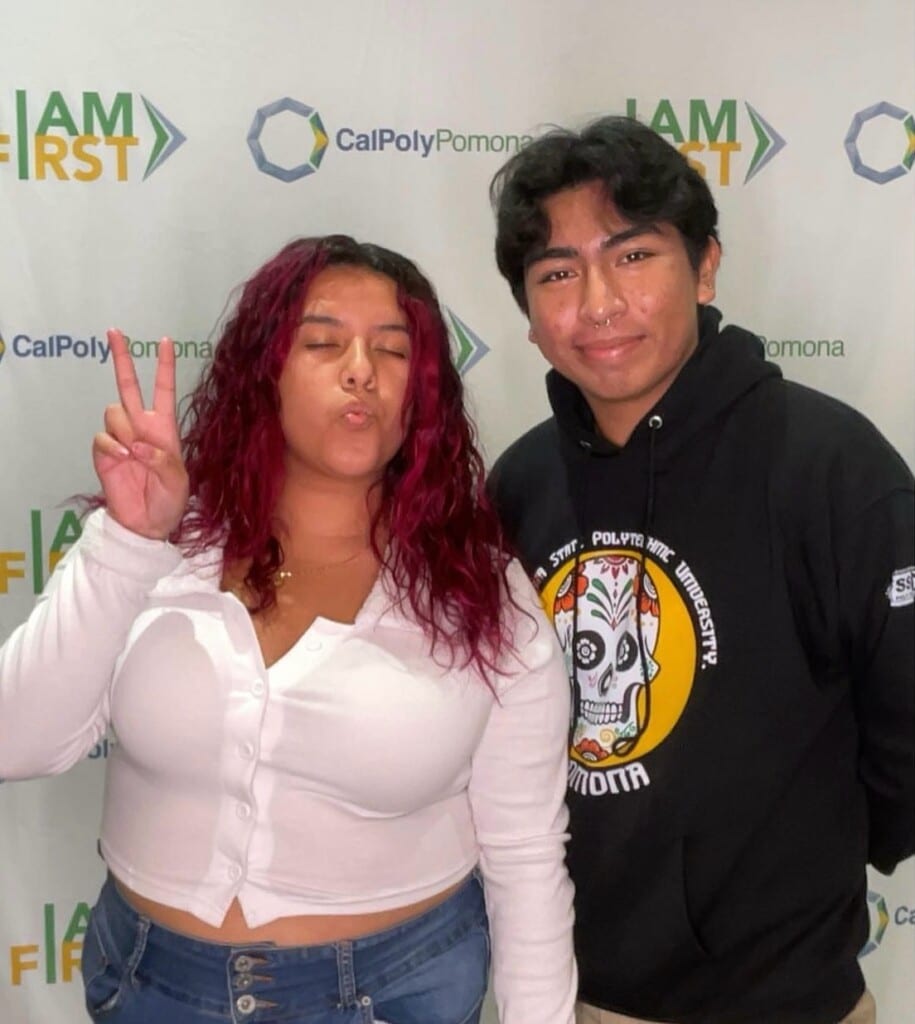
Joining a first-generation support program at your university can be a great way to find support and assistance during your college experience. These programs provide valuable resources and benefits that may not be available to you otherwise.
At my university, Cal Poly Pomona, one program for first-generation college students is the Educational Opportunity Program, known as EOP. One of the first networking opportunities, EOP provided me with a connection to thousands of other first-generation students.
The list of benefits that joining a program for first-generation students is endless. Some benefits include:
- First-generation programs have events where you can meet other first-gen students.
- These programs offer information about different opportunities you may not know about.
- They offer ways to make connections and surround yourself with students like you, going through similar difficulties.
- These programs offer free support and resources for you to succeed in college.
2. Join clubs related to your major
The job market is insanely competitive. One of the best ways to get experience and form connections directly from the job industry you’re interested in is to join an on-campus club related to your major.
By doing so, you’re able to build your experience, meet new people, and learn about opportunities only available to the club members.
If you’re looking to strengthen your resume and stand out in the job market, here are some of the biggest benefits I’ve had being involved with clubs as a first-gen student:
- Meeting industry professionals.
- Learning about different scholarships available.
- Learning about different programs, such as internships and conference opportunities.
- Meeting other college students with similar values and goals.
- Working hands-on with projects directly correlated with my major.
- Gaining new skills and experiences.
- Having fun!
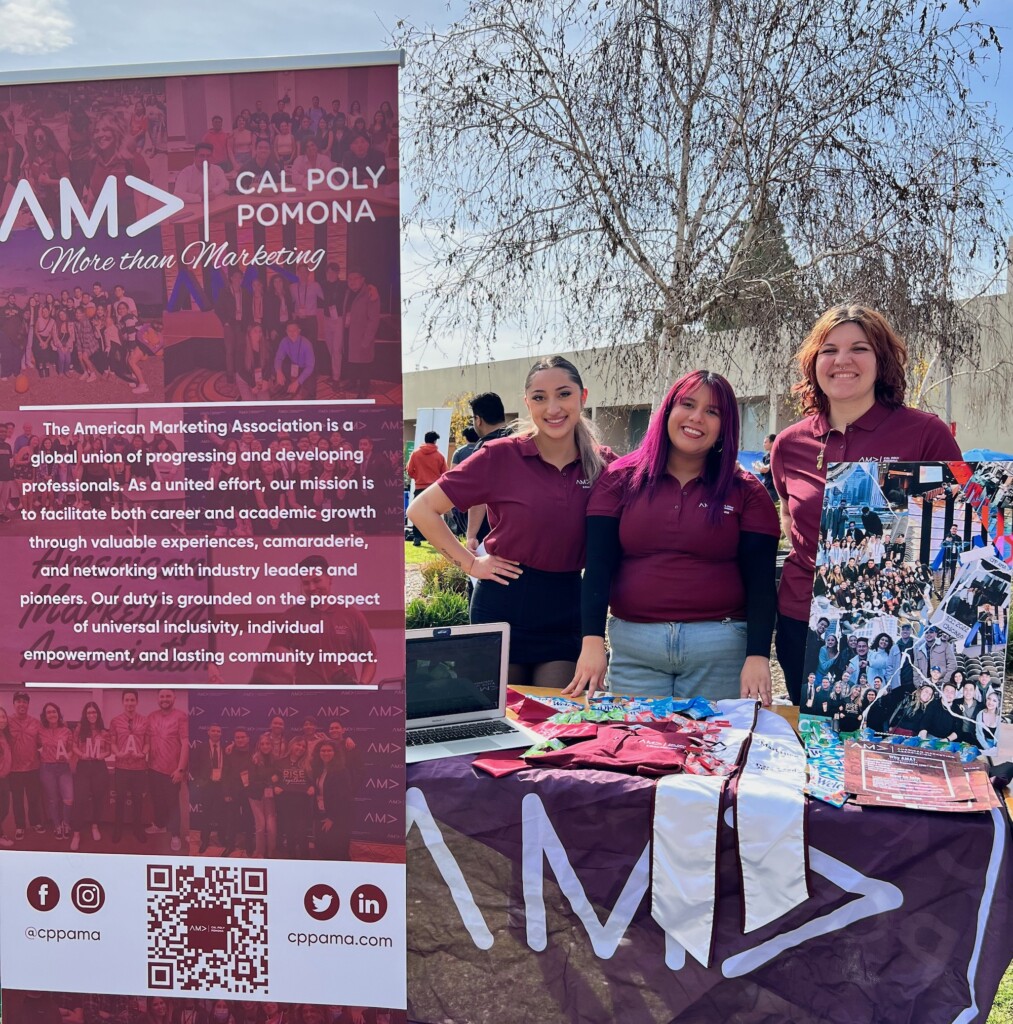
Clubs throughout universities are usually different from university to university; however, some clubs are national organizations.
I personally joined the American Marketing Association at Cal Poly Pomona, which is one of 250 chapters across the United States.
If available on your campus, I highly recommend national clubs and organizations. Being a part of a national organization opens even more opportunities for you.
I’ve learned that more people are willing to go out of their way to help you if you’re in an organization they are in or have been a part of before. Additionally, recruiters are more impressed if you are a part of an organization they are familiar with.
3. Find a mentor
As a first-generation student, you might be hesitant to reach out to people for support. Although it may be difficult, your time in college is the time to reach out to people for connections and information. Most individuals are happy to assist and guide you with advice for your career goals because you are a college student.
This outreach will lead you to have one or multiple people whom you can reach out to whenever you need assistance in college. Personally, I have found that the two best ways to find a mentor are to reach out and connect with your college professors, and professionals in the field you wish to work in.
Professors are always a resource to you as a student. It is always a good idea to build a professional relationship with them in and outside of your class lectures. Allowing a professor to get to know you as an individual opens many doors for you.
For example, the professor can connect you with jobs and companies, write you a recommendation letter, or provide you with opportunities that are shared with them. Additionally, your professors have experience in the field that you are interested in. Besides offering assistance for your classwork, they can also review your resume and provide insights from a professional standpoint.
When beginning to build a relationship with your professor, try these tips:
- Participate in class! Volunteer and answer questions; let the professor know you understand the material and have the passion to put in the work to understand the material you don’t.
- Stay after class to talk and ask questions to your professor.
- Go to office hours; this is the best time to ask questions unrelated to the class material.
Another way to potentially gain a mentor is by speaking to professionals in your industry. For example, you can reach out to people on LinkedIn, let them know you are a college student looking to learn more about the industry they work in, then ask to set up an informational interview. After your interview, ensure you continue to keep in touch to form a relationship.
4. Believe in yourself and your experiences
Finally, believe in yourself! Do not let imposter syndrome get to you. Many times, first-generation college students don’t seek out opportunities because they don’t think that they deserve it.
To go after your goals, you must have trust in yourself and believe that you are good enough. Always remember that even if you don’t fit the exact job description, some companies are willing to teach you and grow with you. Every small accomplishment you’ve made counts and people are more than willing to help you.
All you must do is ask!
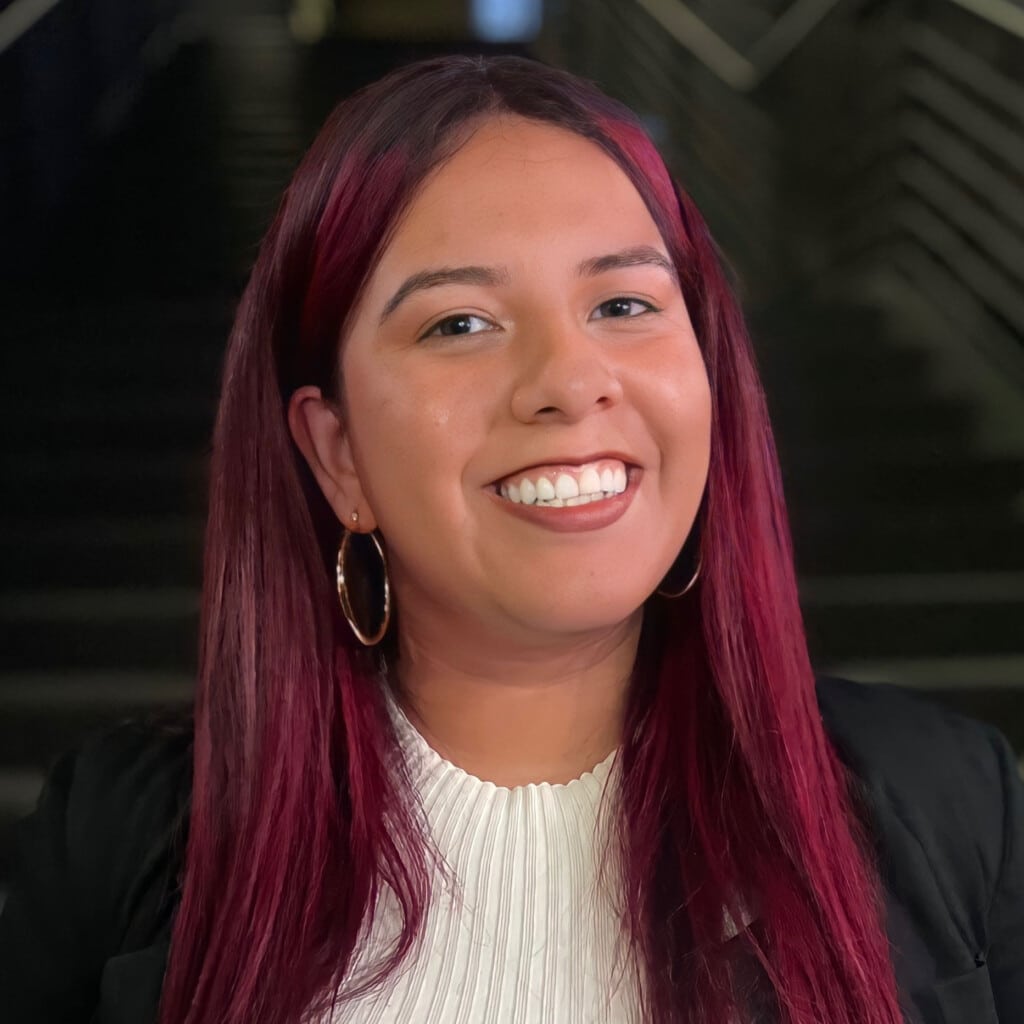
Juritzy Mata,
Former Marketing Intern,
Wave-Maker at Cal Poly Pomona
ABOUT MAKING WAVES Education FOUNDATION
At Making Waves, we are committed to educational equity. Making Waves Education Foundation is a Bay Area nonprofit that supports Making Waves Academy – a public charter school with more than 1,100 5th through 12th grade students – and leads college and career programming with more than 430 college students.
Knowing the opportunities that come with a college degree, we partner with historically underrepresented and underserved students to help make college affordable and graduation attainable. Centering the journeys of our students, our personalized approach includes college and career coaching, scholarships, and financial planning.
Our alumni network includes more than 730 college graduates, who earn their degrees and land jobs at more than twice the rate of their first-generation, low-income peers, with 85% graduating debt-free.

